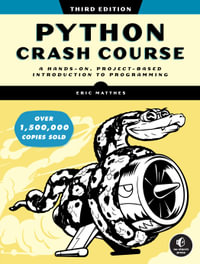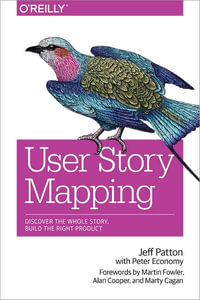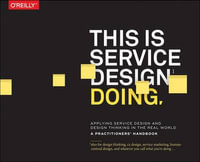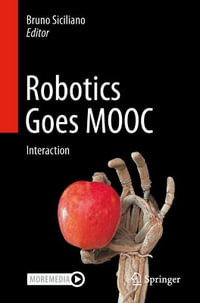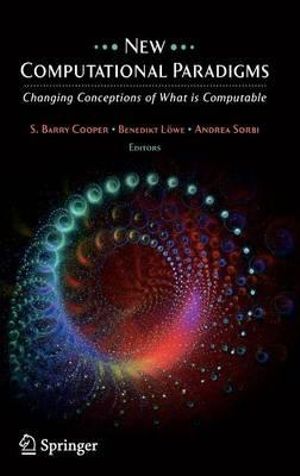
New Computational Paradigms
Changing Conceptions of What is Computable
By: S.B. Cooper (Editor), Benedikt Löwe (Editor), Andrea Sorbi (Editor)
Hardcover | 12 December 2007
At a Glance
Hardcover
$310.47
Aims to ship in 7 to 10 business days
When will this arrive by?
Enter delivery postcode to estimate
In recent years, classical computability has expanded beyond its original scope to address issues related to computability and complexity in algebra, analysis, and physics. The deep interconnection between "computation" and "proof" has originated much of the most significant work in constructive mathematics and mathematical logic of the last 70 years. Moreover, the increasingly compelling necessity to deal with computability in the real world (such as computing on continuous data, biological computing, and physical models) has brought focus to new paradigms of computation that are based on biological and physical models. These models address questions of efficiency in a radically new way and even threaten to move the so-called Turing barrier, i.e. the line between the decidable and the un-decidable.
This book examines new developments in the theory and practice of computation from a mathematical perspective, with topics ranging from classical computability to complexity, from biocomputing to quantum computing. The book opens with an introduction by Andrew Hodges, the Turing biographer, who analyzes the pioneering work that anticipated recent developments concerning computation's allegedly new paradigms. The remaining material covers traditional topics in computability theory such as relative computability, theory of numberings, and domain theory, in addition to topics on the relationships between proof theory, computability, and complexity theory. New paradigms of computation arising from biology and quantum physics are also discussed, as well as the computability of the real numbers and its related issues.
This book is suitable for researchers and graduate students in mathematics, philosophy, and computer science with a special interest in logic and foundational issues. Most useful to graduate students are the survey papers on computable analysis and biological computing. Logicians and theoretical physicists will also benefit from this book.
Industry Reviews
ISBN: 9780387360331
ISBN-10: 0387360336
Published: 12th December 2007
Format: Hardcover
Language: English
Number of Pages: 576
Audience: Professional and Scholarly
Publisher: Springer Nature B.V.
Country of Publication: US
Dimensions (cm): 23.39 x 15.6 x 3.18
Weight (kg): 0.95
Shipping
| Standard Shipping | Express Shipping | |
|---|---|---|
| Metro postcodes: | $9.99 | $14.95 |
| Regional postcodes: | $9.99 | $14.95 |
| Rural postcodes: | $9.99 | $14.95 |
How to return your order
At Booktopia, we offer hassle-free returns in accordance with our returns policy. If you wish to return an item, please get in touch with Booktopia Customer Care.
Additional postage charges may be applicable.
Defective items
If there is a problem with any of the items received for your order then the Booktopia Customer Care team is ready to assist you.
For more info please visit our Help Centre.
You Can Find This Book In
This product is categorised by
- Non-FictionMathematicsMathematical FoundationMathematical Logic
- Non-FictionSciencePhysicsQuantum Physics & Quantum Mechanics & Quantum Field Theory
- Non-FictionComputing & I.T.Computer ScienceMathematical Theory of ComputationMaths for Computer Scientists
- Non-FictionComputing & I.T.DatabasesData Capture & Analysis

